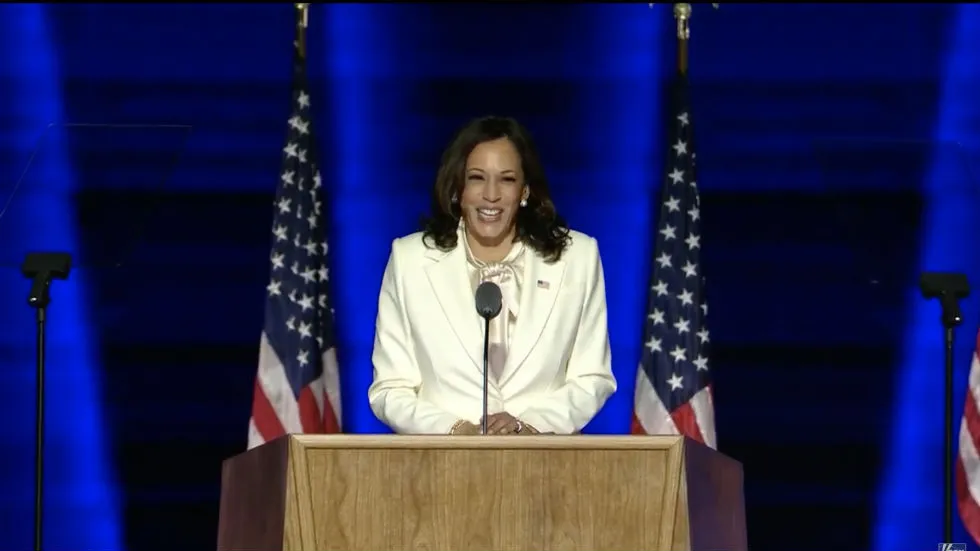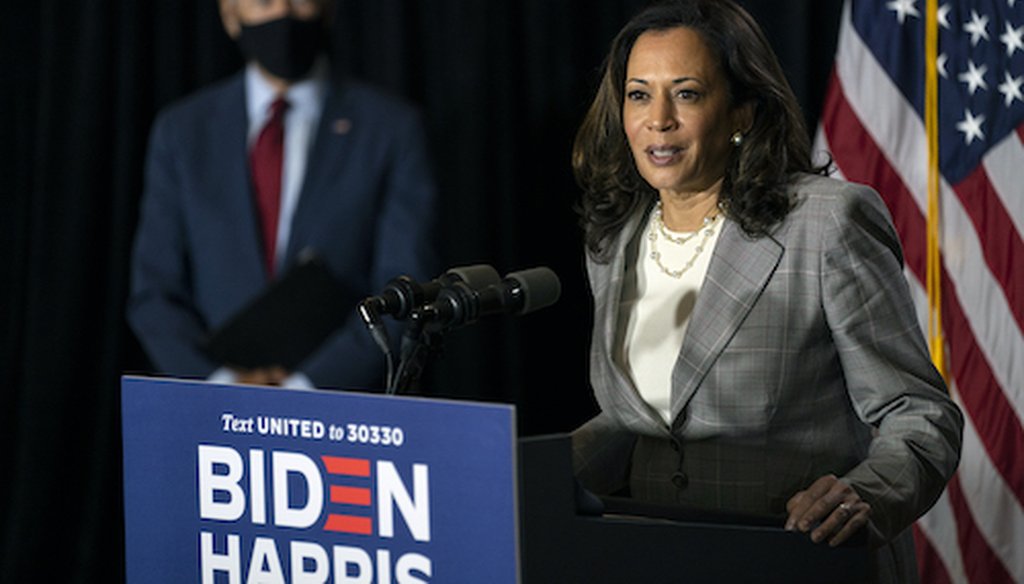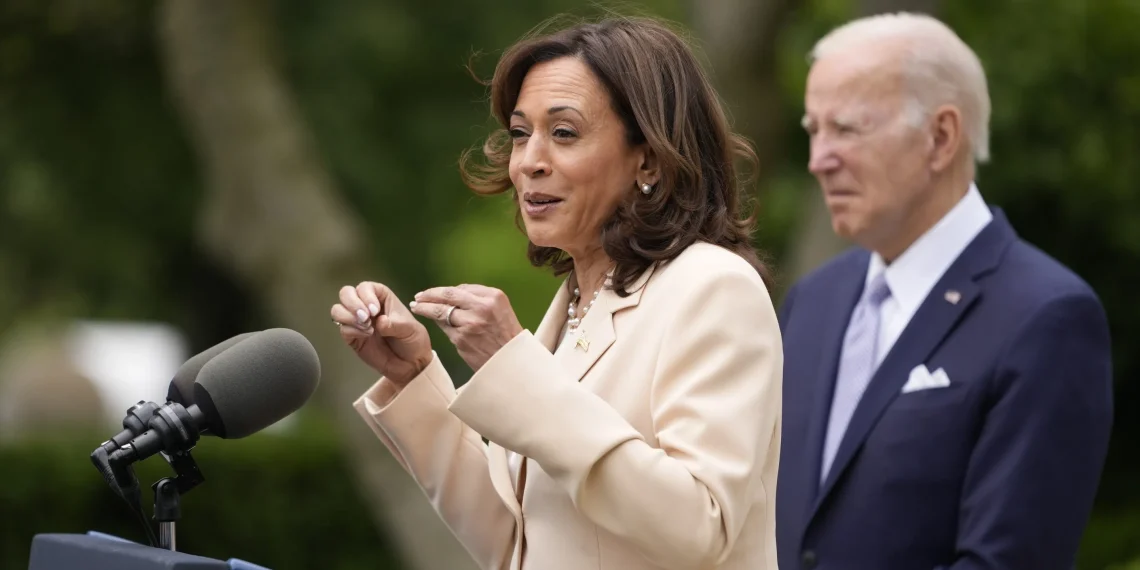Vice President Kamala Harris has seized the spotlight in recent weeks, diverging from President Joe Biden‘s approach on critical issues like marijuana reform and the Israeli-Palestinian conflict.
As progressive Democrats challenge Biden’s stance on Israel and poll numbers show a close race against Republican rival Donald Trump, Harris has stepped up to address contentious topics more directly and frequently than Biden.
Despite past criticisms of her performance as vice president, Harris has taken on a leading role in shaping policy and public perception.

While Biden has defended abortion rights with a focus on cases where women’s lives are endangered, Harris has gone further.
During a groundbreaking visit to Planned Parenthood, she spoke candidly about abortion as an integral part of women’s healthcare, including issues like fibroids and breast cancer screenings.
In Selma, Alabama, Harris made history by calling for an immediate ceasefire in Gaza from the iconic Selma bridge, condemning the immense suffering and urging action to alleviate the humanitarian crisis.
Harris’s bold rhetoric hasn’t come without scrutiny. Some critics argue that her use of new language, like “ceasefire,” lacks meaningful policy change. Despite this, Harris’s aides maintain that her initiatives reflect long-standing interests, even from her time as a prosecutor.
Biden, focused on economic issues to appeal to centrists, has tasked Harris with handling complex challenges such as immigration and voting rights.

These issues, along with fractures in the Democratic coalition over Israel and the economy, pose significant challenges for Harris as she continues her role as vice president.
While Harris faces criticism and challenges, she remains a popular figure within the Democratic Party and enjoys support from Biden himself. Despite vocal opposition at some events, Harris continues to align herself with the administration’s stance, emphasizing unity and consistency in her approach.














